Coffee Break Languages
Coffeebreak was initiated by Mark Pentleton in October 2006, beginning with Coffee Break Spanish, one of the first progressive Castilian Spanish courses available on iTunes. This innovative approach to language learning was designed to meet the needs of individuals seeking flexible, engaging, and effective language education. Coffee Break Spanish quickly gained popularity, topping educational charts in the UK and the US, which inspired the expansion into other languages. Mark's vision was to create a platform where anyone could learn a new language during their "coffee break," making learning accessible and integrated into daily life (Coffee Break Languages) (Coffee Break Languages).
Differentiation: What Sets Coffeebreak Apart Coffeebreak is unique in its format and approach, offering language learning in manageable, podcast-style lessons. These are designed to fit into short breaks, effectively turning downtime into productive learning sessions. The program spans multiple languages and levels, from beginner to advanced, and includes special features like "Coffee Break Conversations" and cultural insights, enhancing both language skills and cultural understanding (Coffee Break Languages).
How to Get Started To begin using Coffeebreak for homeschooling, simply visit their website, select a language, and choose the appropriate level for the student. The program is structured around podcast lessons which can be supplemented with video content and comprehensive lesson notes available through the Coffee Break Academy for a more in-depth learning experience (Coffee Break Languages) (Coffee Break Languages).
Program Structure and Content Coffeebreak offers courses in ten different languages, including Spanish, German, Italian, Chinese, and more. Each course is divided into seasons, with content structured around real-life conversations and practical language use. The lessons include a variety of topics such as greetings, family, food, travel, and shopping, providing learners with the vocabulary and grammatical structures needed to communicate effectively in different contexts (Coffee Break Languages) (Coffee Break Languages).
Languages offered
Spanish: Includes several seasons covering beginner to advanced topics, plus special editions like the Coffee Break Spanish Magazine and Travel Diaries.
French: Offers beginner to advanced courses, including the Coffee Break French Magazine and Travel Diaries.
German: Features beginner to advanced levels, with additional content like the Coffee Break German Magazine and Travel Diaries.
Italian: Courses range from introductory to advanced, with extra offerings such as the Coffee Break Italian Magazine and Travel Diaries.
Chinese: Primarily beginner courses available.
Portuguese: Includes both European and Brazilian Portuguese with lessons for beginners.
Swedish: Beginner courses are available.
Norwegian: Courses tailored for beginner learners.
English: Designed for non-native speakers, focusing on everyday English at different competency levels.
Gaelic: Provides an introduction to the language through beginner lessons (Coffee Break Languages).
What Users Appreciate Learners particularly enjoy the flexibility and practicality of Coffeebreak. The format allows them to absorb language lessons in short, manageable segments that fit into daily routines without overwhelming them. The cultural components and conversational focus of the courses are also highly praised, as they not only teach language but also enhance understanding of the cultural nuances (Coffee Break Languages).
Areas for Improvement While Coffeebreak receives high marks for convenience and content, some users feel that more advanced language learners might find the pace somewhat slow. Additionally, while the audio format is highly accessible, learners who prefer more visual or interactive learning tools might find the resources limited unless they opt for the premium content, which includes additional video lessons and materials (Coffee Break Languages).
Parental Advice for Maximizing Benefits Parents suggest supplementing the Coffeebreak lessons with additional reading and speaking practice to reinforce learning. Engaging with native speakers or participating in language meetups can also enhance the practical application of language skills learned through the program. Regular review and consistent use of the language in real-life situations are recommended to make the most out of the Coffeebreak courses (Coffee Break Languages).
Ideal and Non-Ideal Users Coffeebreak is ideal for beginner to intermediate learners who need a flexible, self-paced learning structure that they can integrate into a busy schedule. It's particularly well-suited for those who enjoy learning through listening and for students who can independently follow an audio-led course. However, it may not be the best fit for very advanced learners seeking in-depth grammatical studies or for those who prefer highly interactive, visually-rich learning environments (Coffee Break Languages).
Grades and Cost Coffeebreak's language programs are suitable for a wide range of learners, including K-12 students. The cost varies, with some content available for free and more comprehensive resources accessible via subscription or purchase at the Coffee Break Academy. Prices for premium content are reasonable and provide good value considering the depth and breadth of the learning materials (Coffee Break Languages) (Coffee Break Languages).
Availability Coffeebreak's courses are available on all major podcast platforms or directly from their website, where users can access podcasts, videos, and additional learning materials. Subscription options provide access to premium content for those who wish to deepen their engagement with the language learning process (Coffee Break Languages).
Affiliate Disclaimer: Some links on our site are affiliate links, which means Modulo may earn a small commission if you purchase through them (at no cost to you). Rest assured, we only recommend resources we’ve rigorously vetted and truly love—affiliate link or not. Thank you so much for supporting our work!
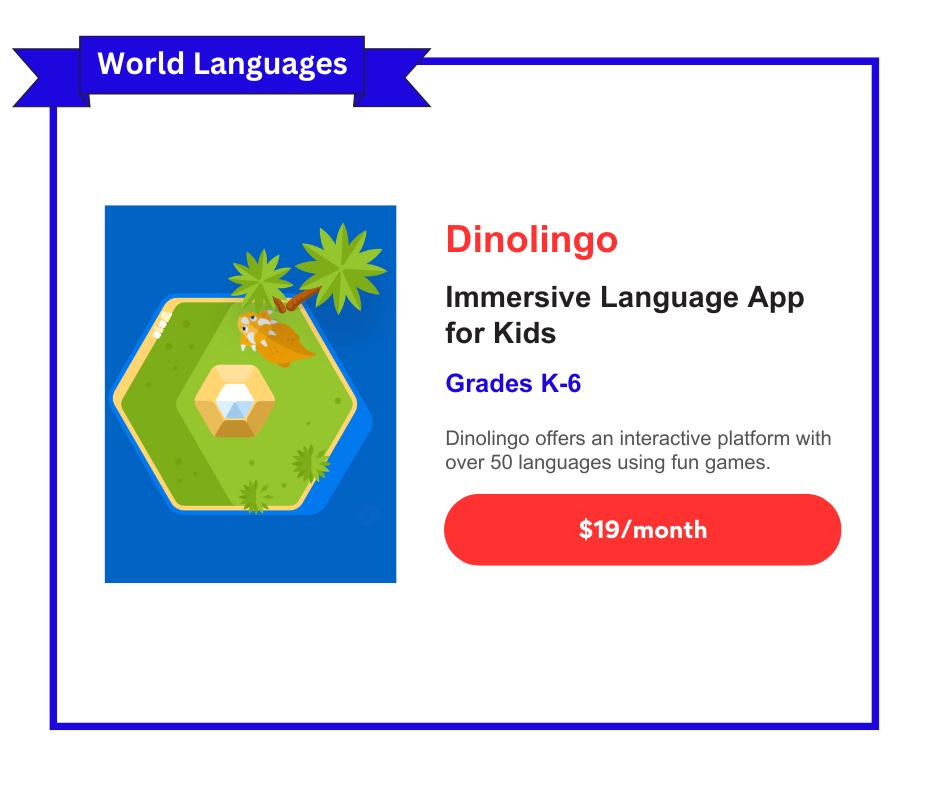
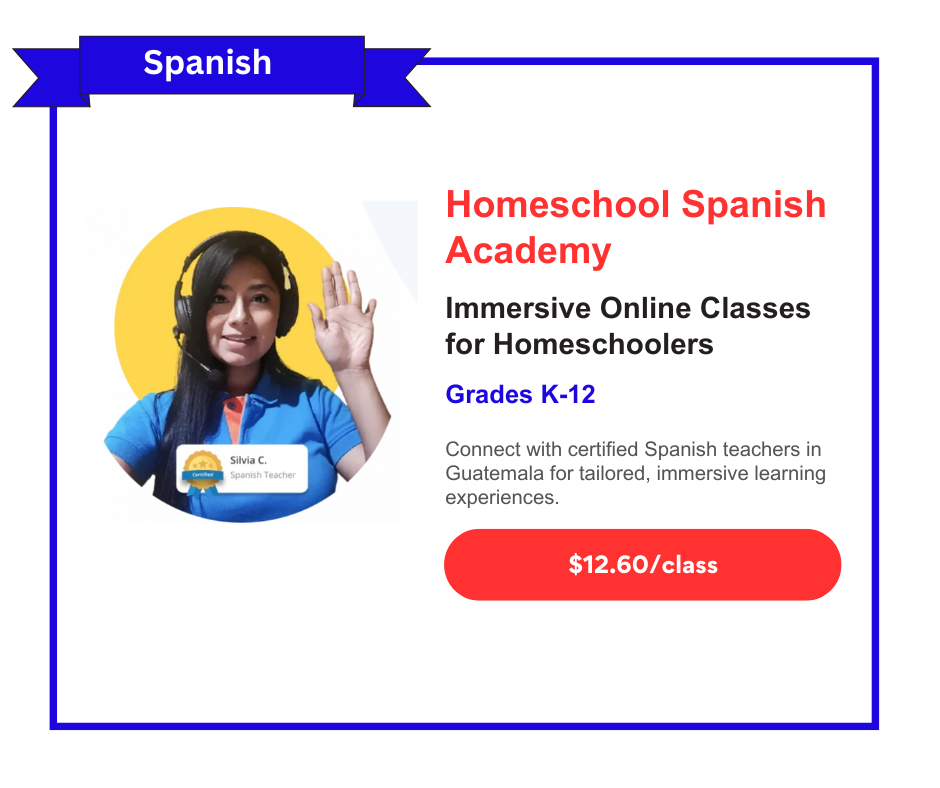
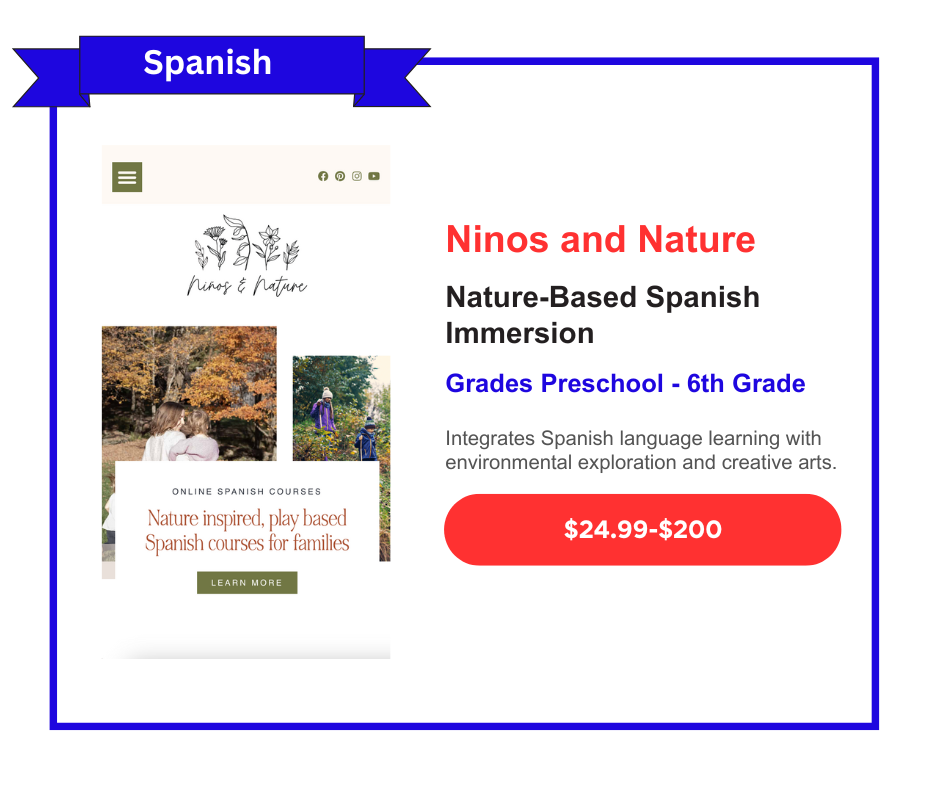
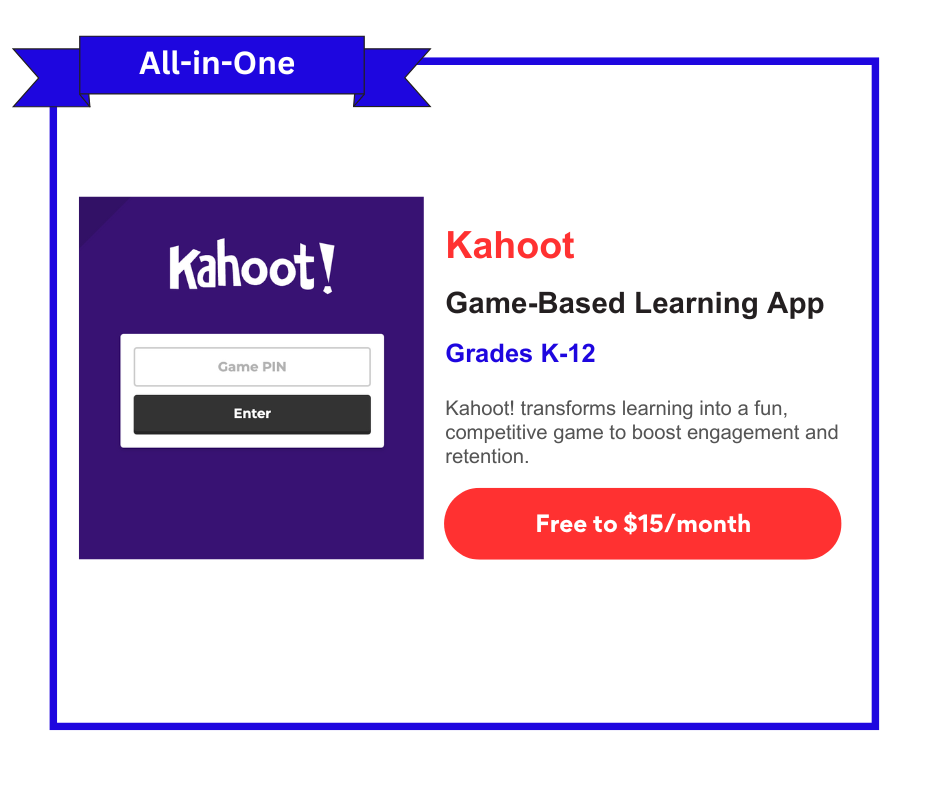
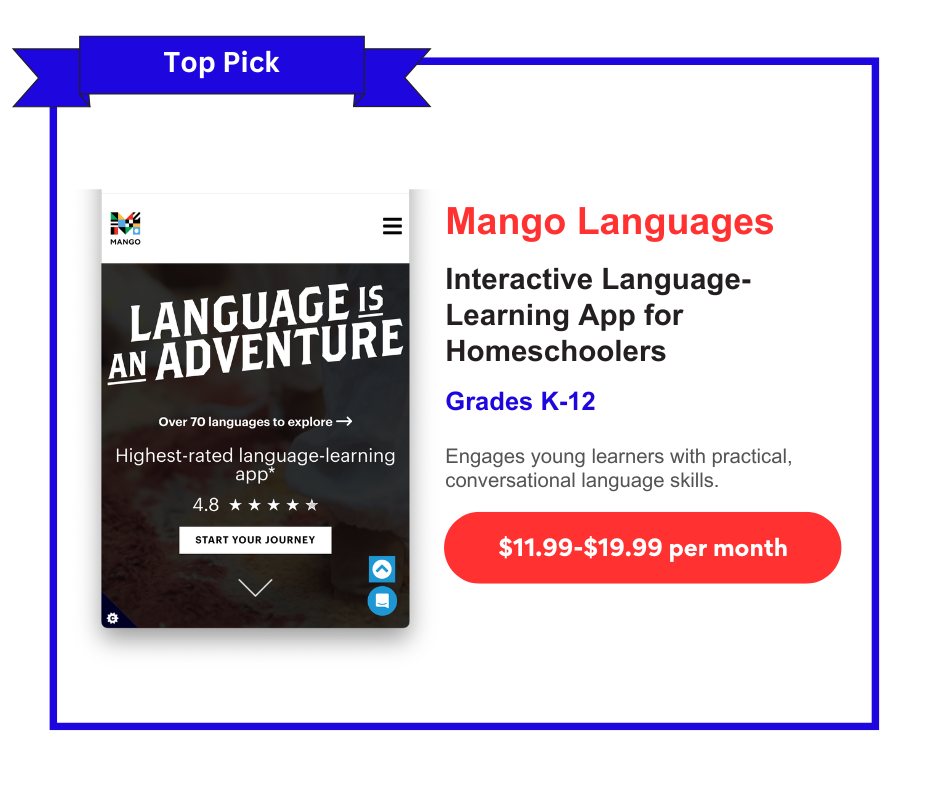
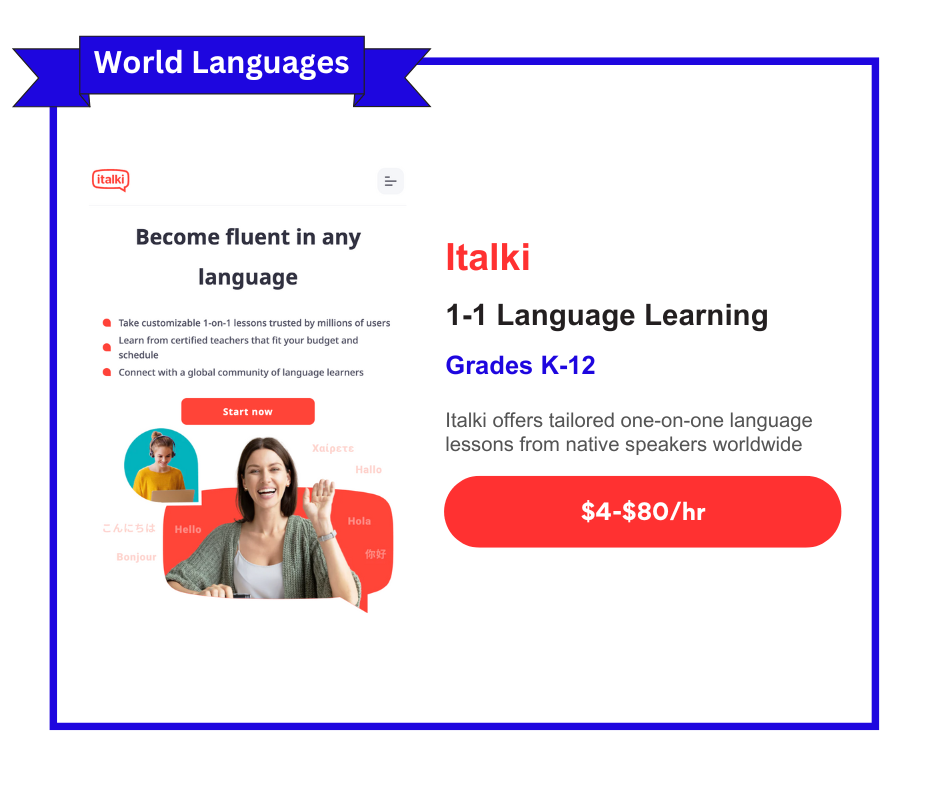

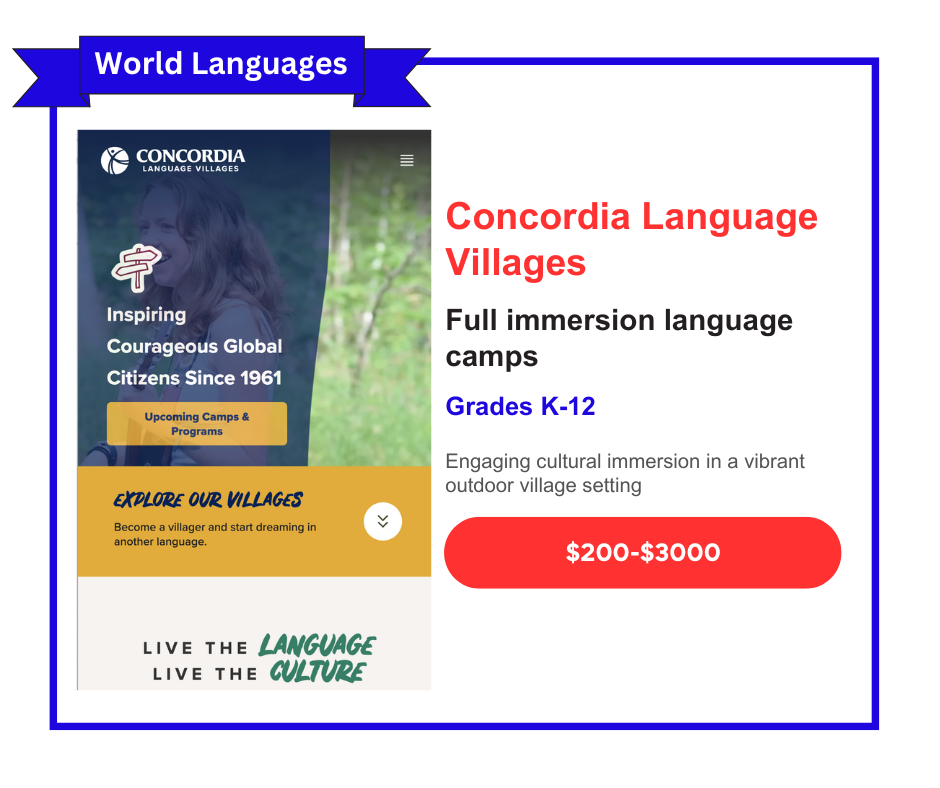
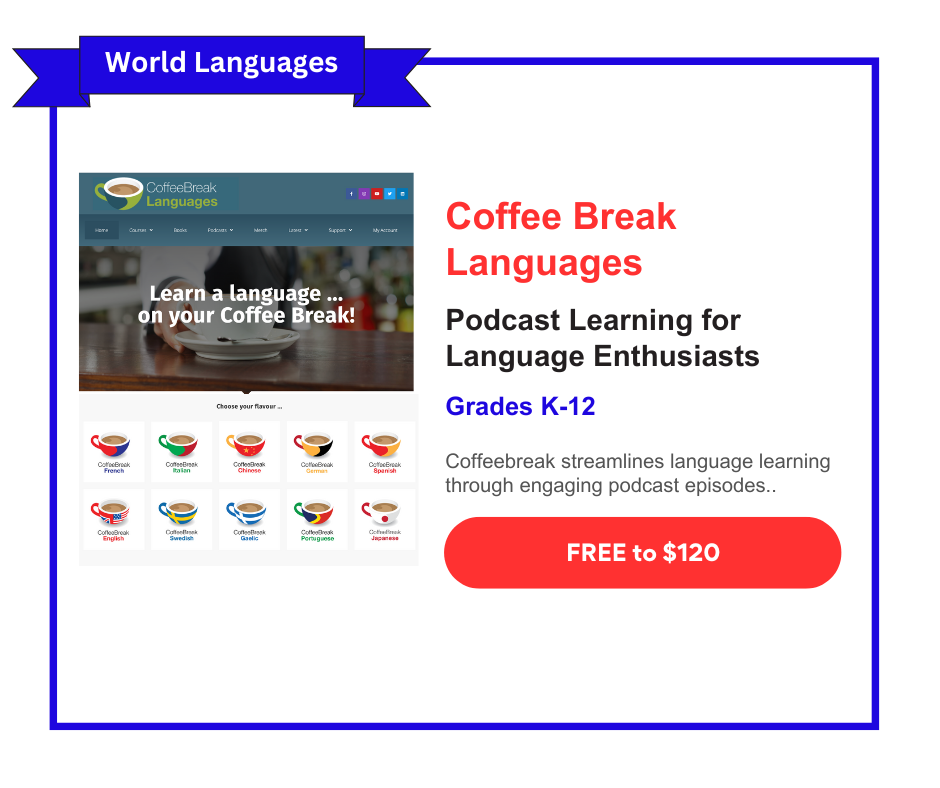
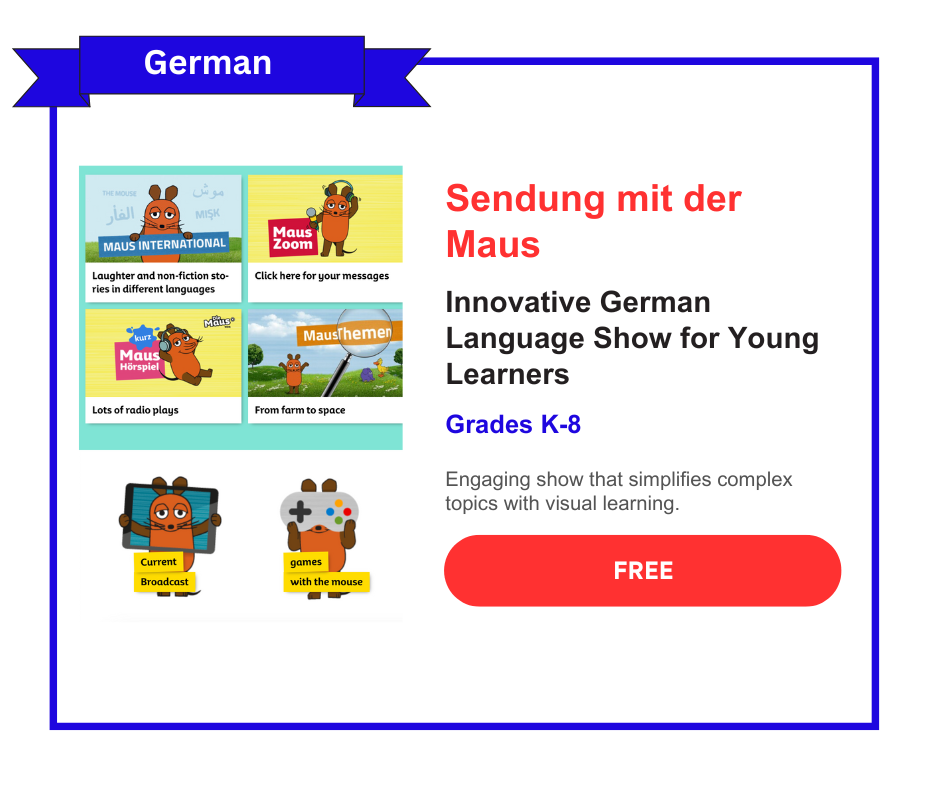


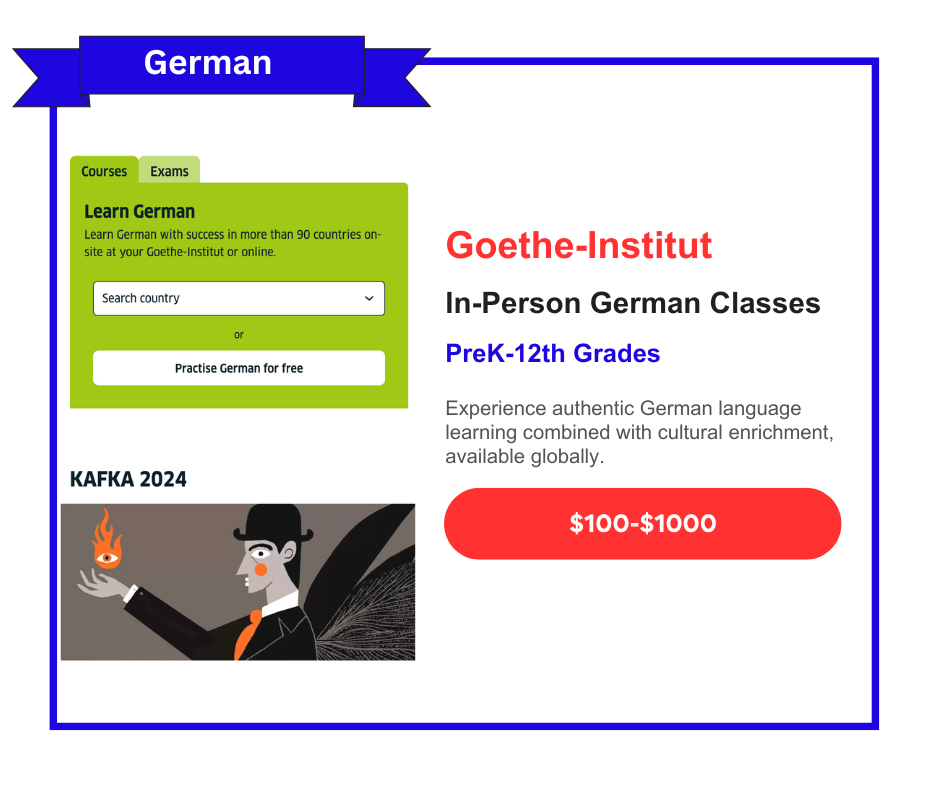

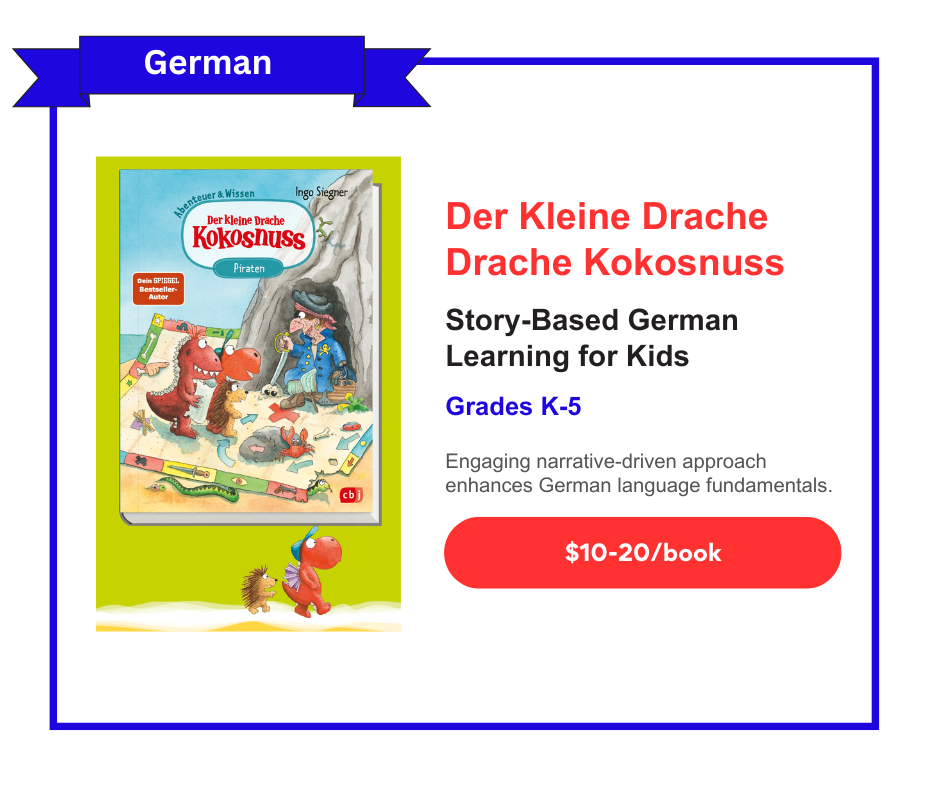
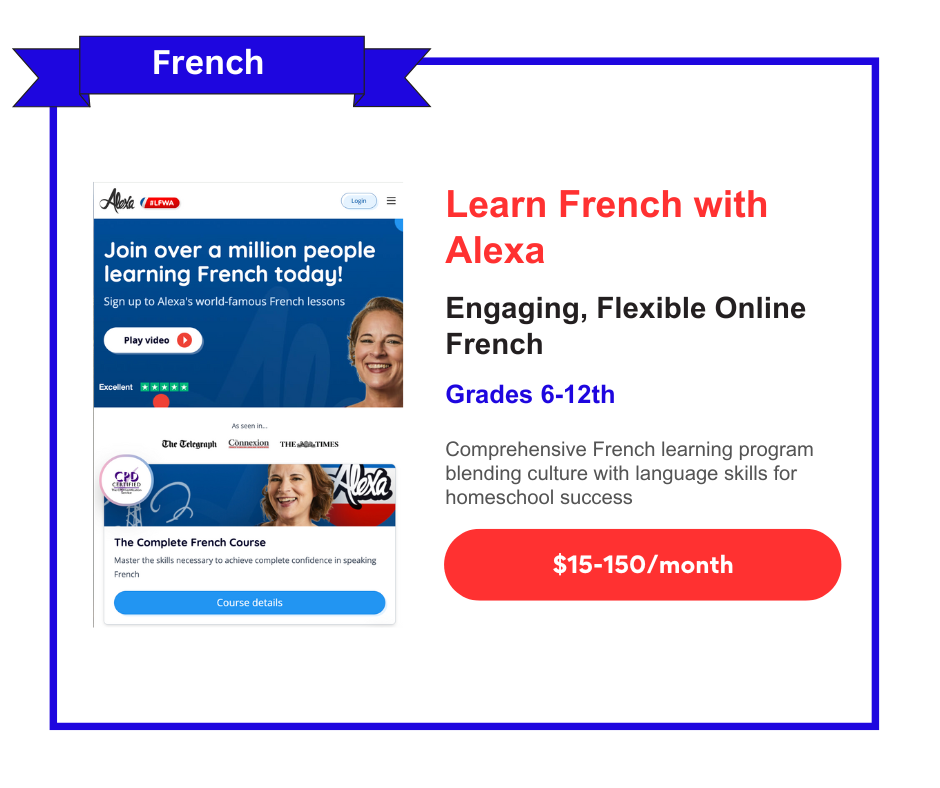
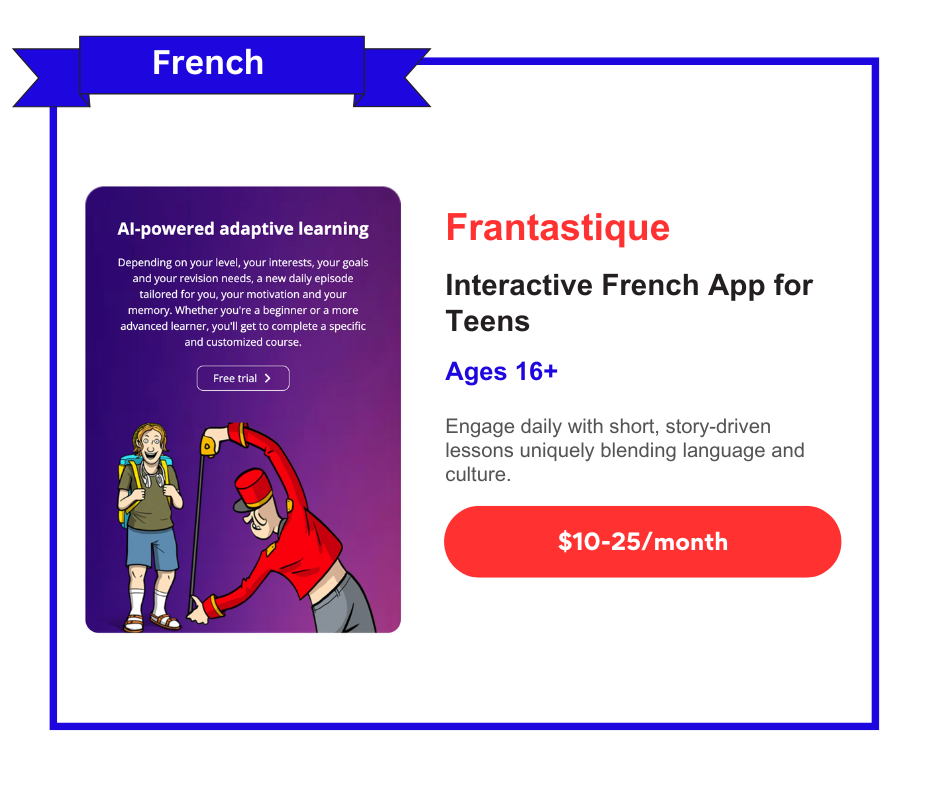
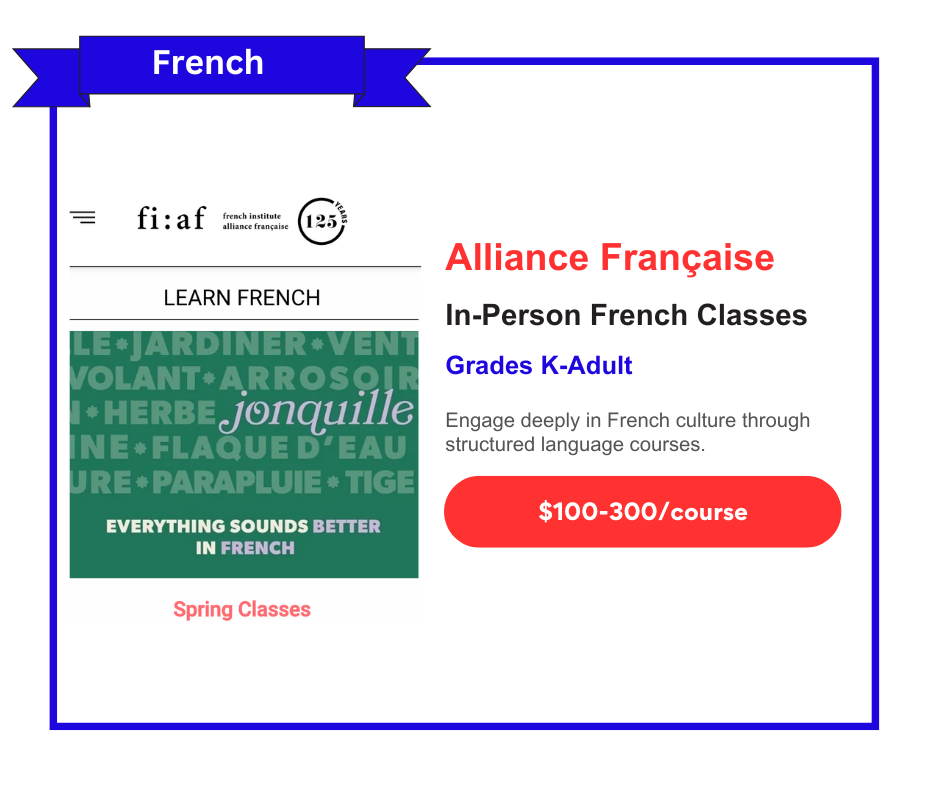
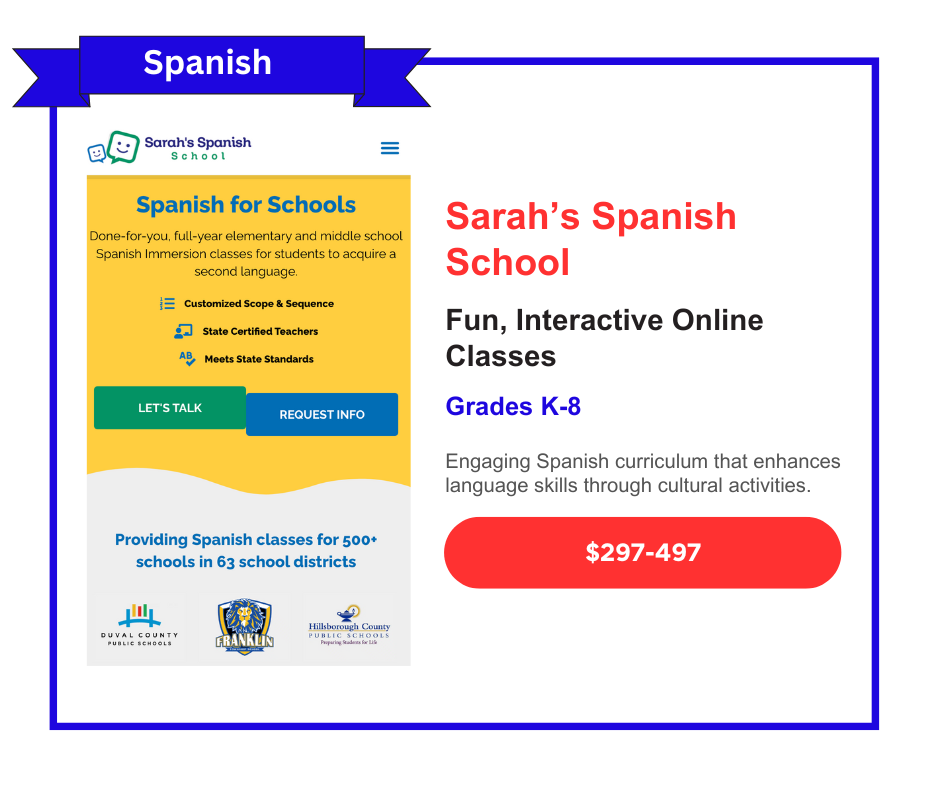
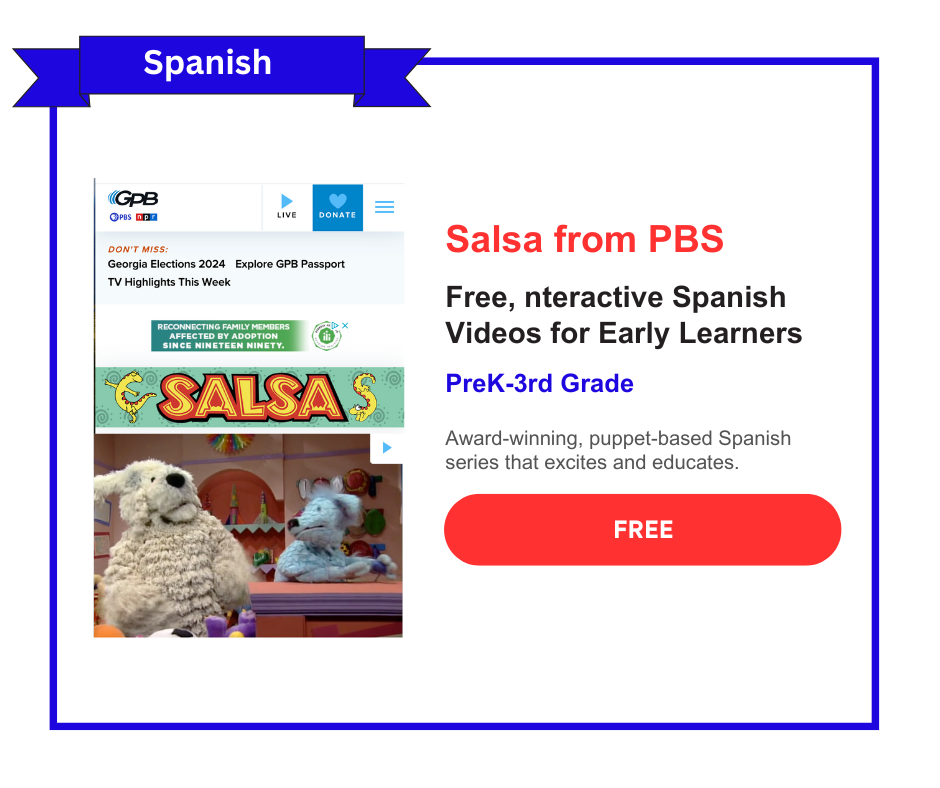
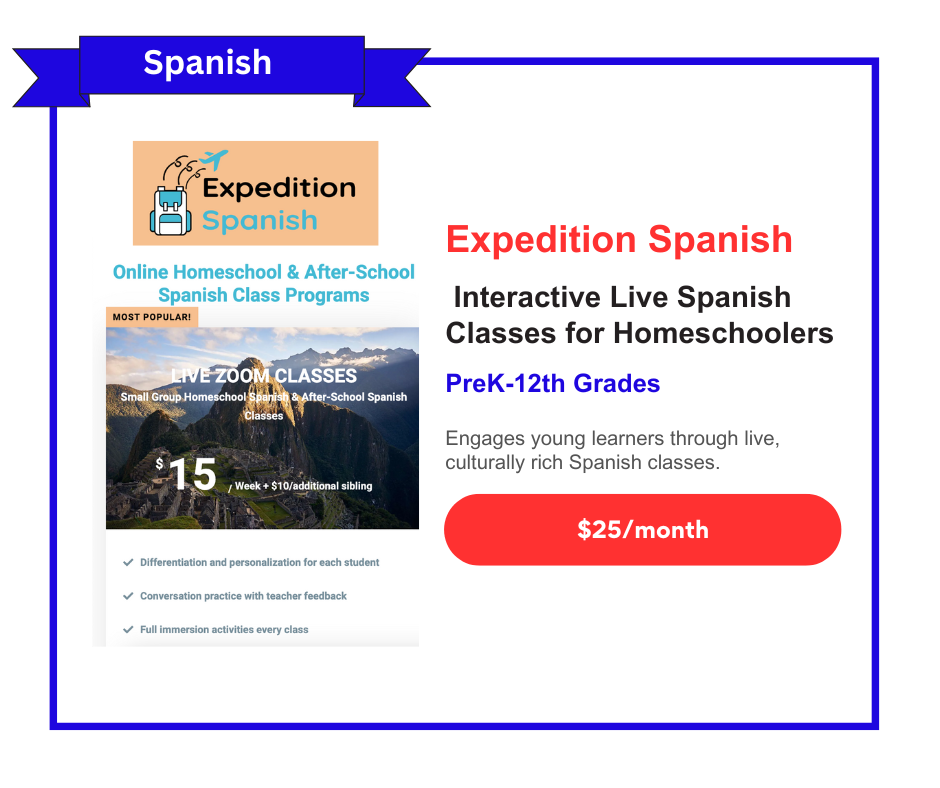
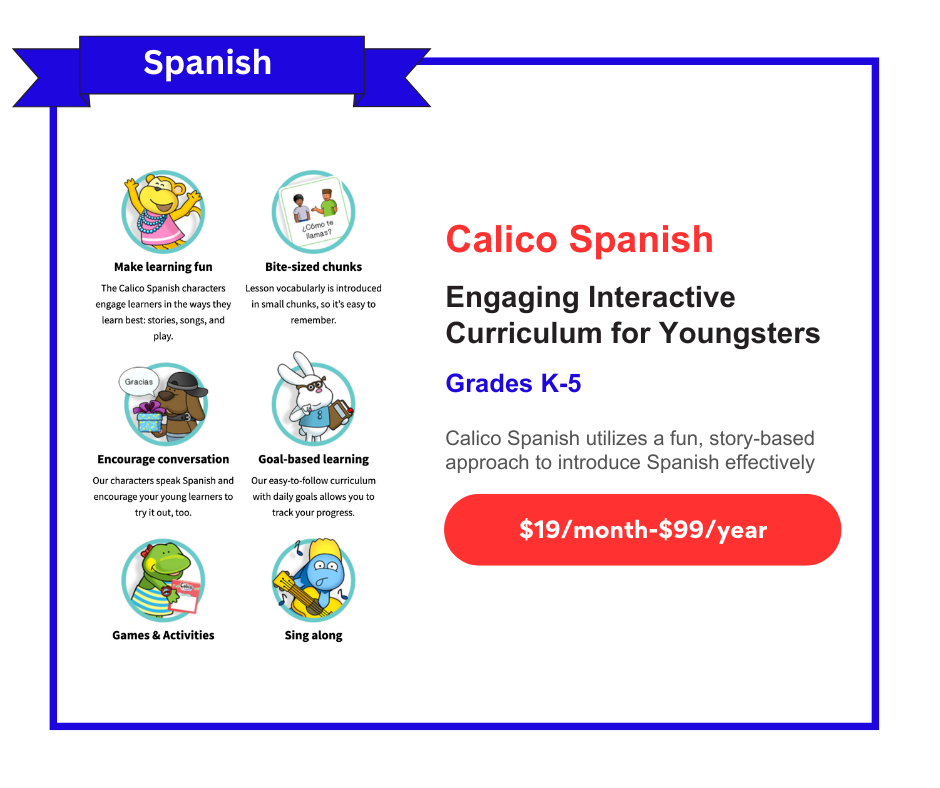

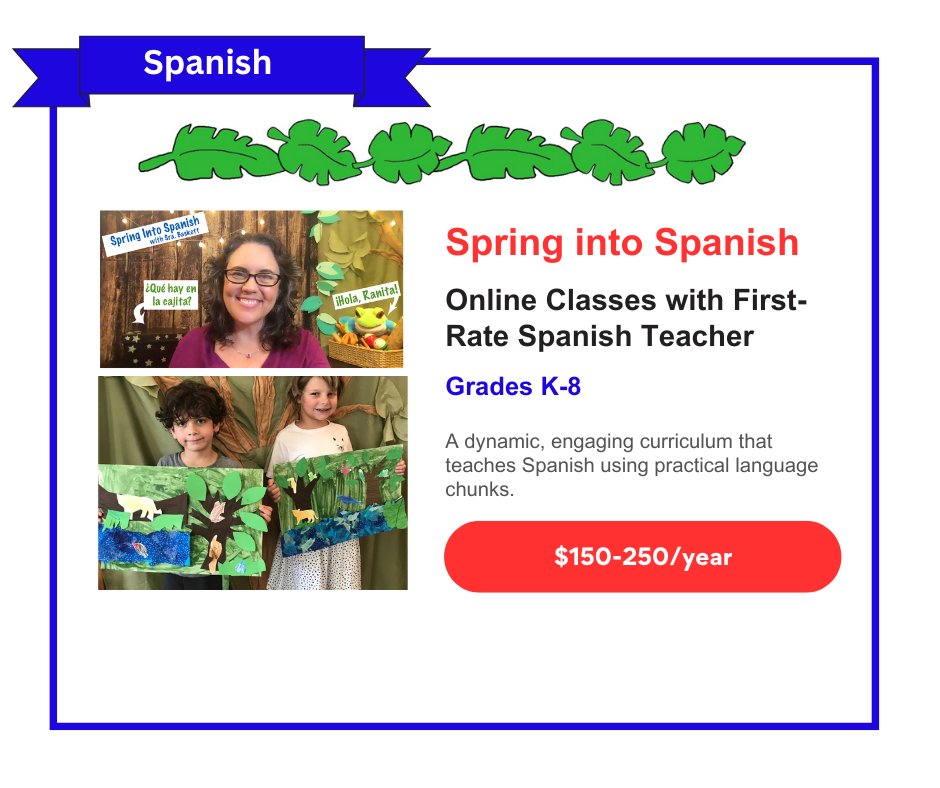

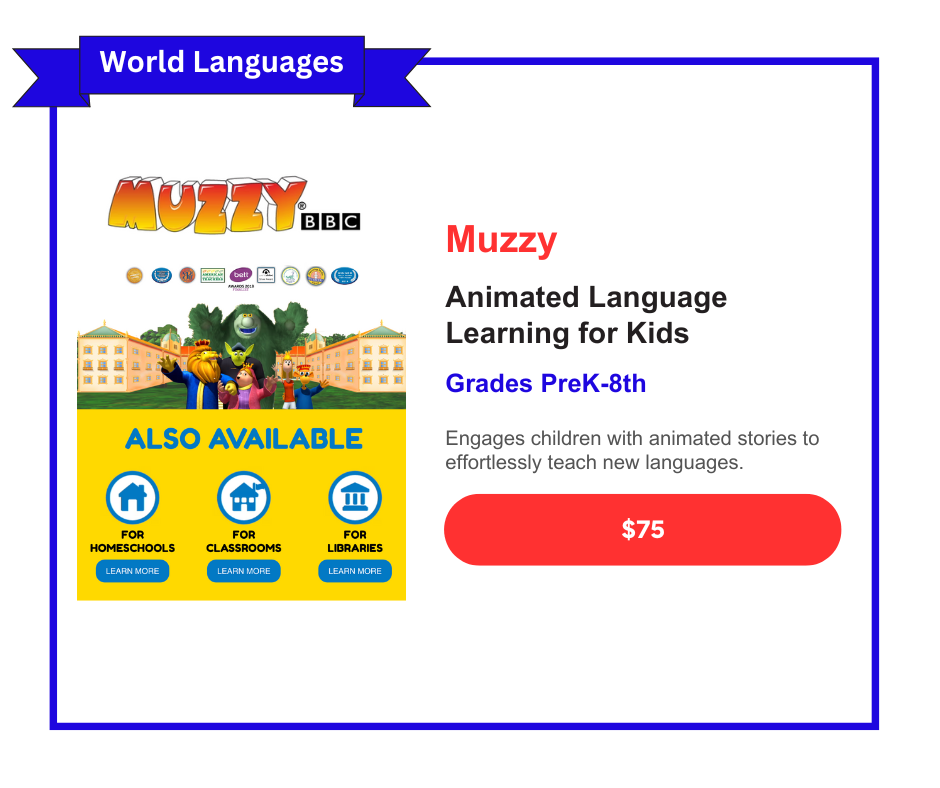

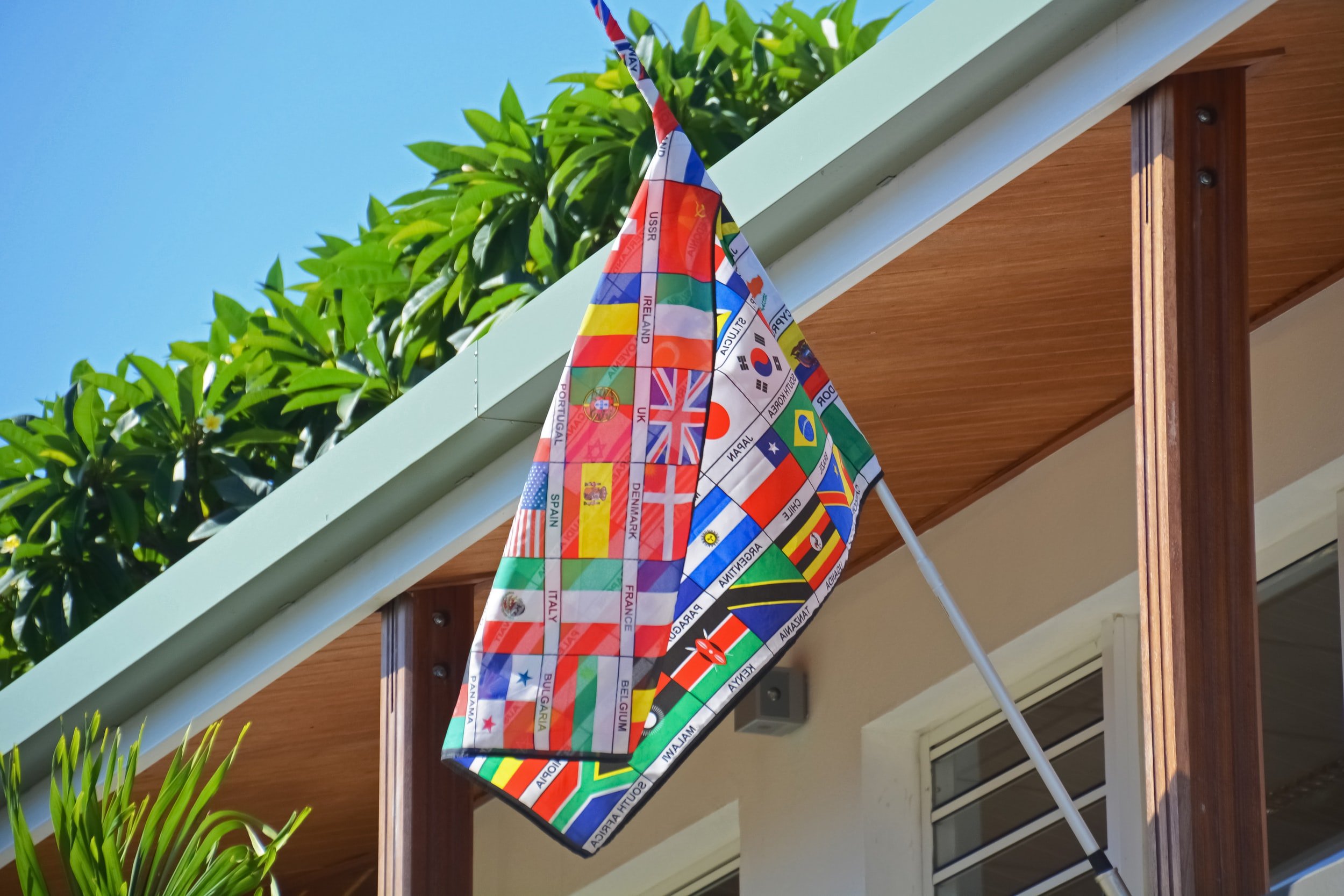

Explore how Duolingo transforms language learning into an engaging, gamified experience with our comprehensive review, ideal for homeschoolers seeking a flexible educational tool.